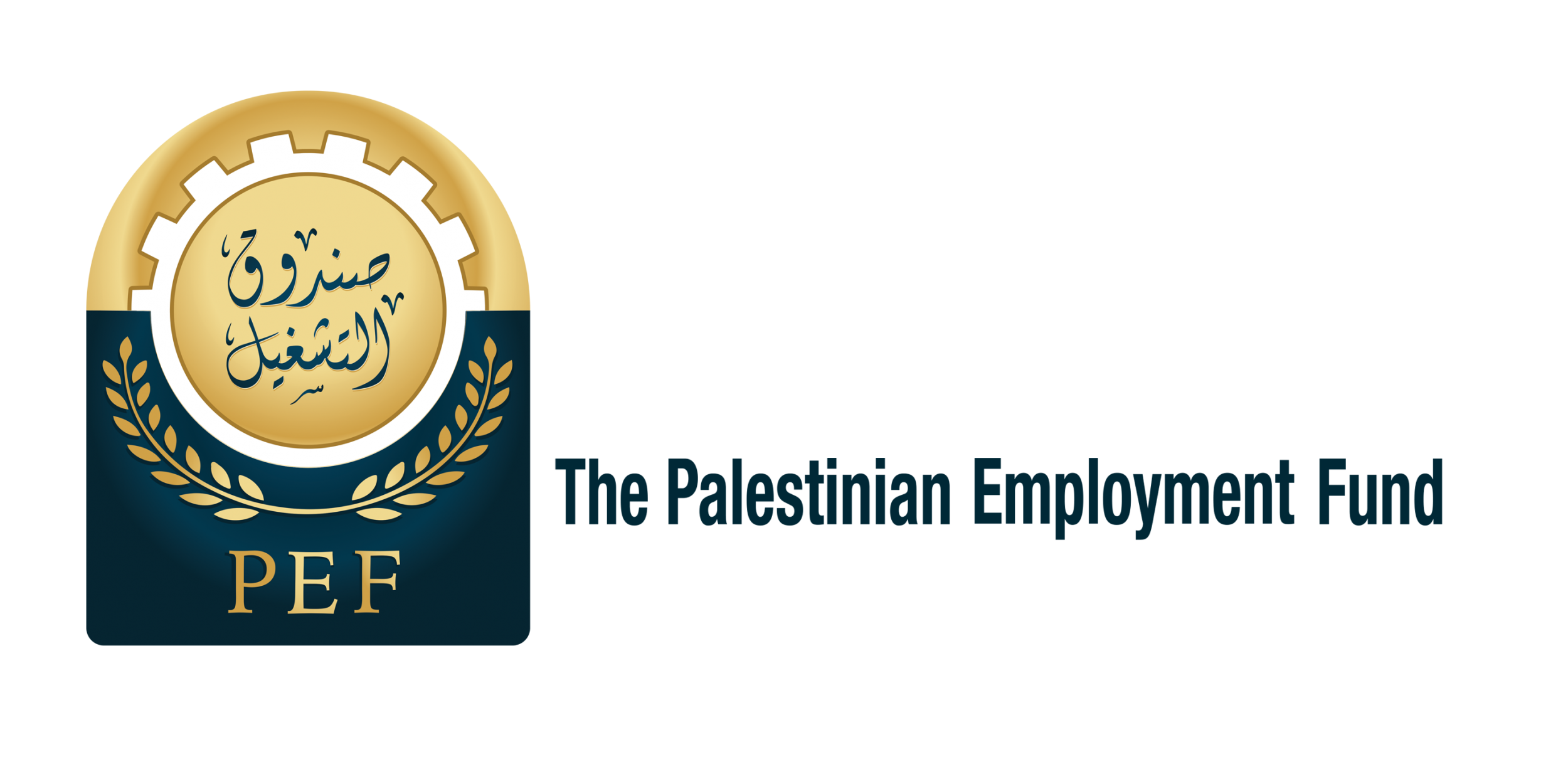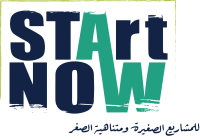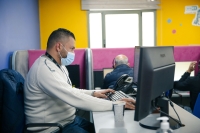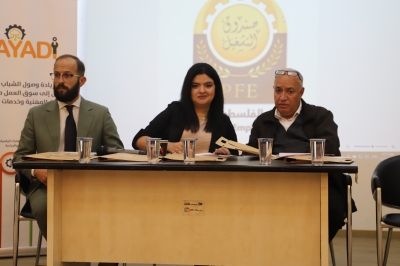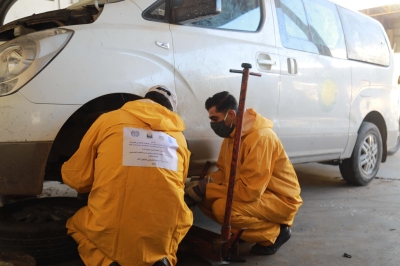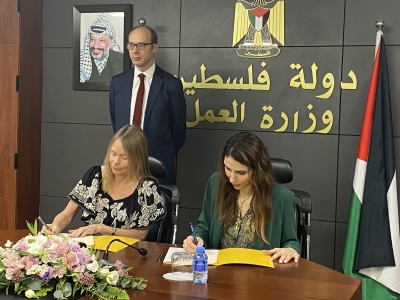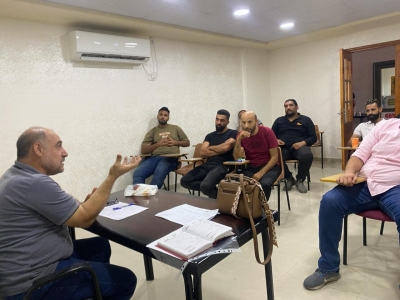PFESP implements phase II of the distance learning workshops within the "Start Up" project
Ramallah - Gaza:
The Palestinian Fund for Employment and Social Protection for Workers has started implementing the second phase of the distance learning workshops program. It was through Zoom application; with the participation of about 800 young men and women from the West Bank and Gaza Strip. It is as part of the "Start Up Palestine" project that PFESP is implementing in cooperation with the Ministry of Labor and with funding from the Italian Agency for Development Cooperation - AICS.
The project aims at promoting and supporting the orientation towards self-employment and the small and micro-business sector. In addition to educating young people, graduates, and the unemployed about the importance of self-employment and entrepreneurship.
The training includes organizing 40 workshops. An average of five in each of the eight targeted governorates, namely, Gaza City, North Gaza, Qalqilya, Nablus, Tubas, Jericho and Bethlehem.
The training would be implemented by employees from the Business Services Department at PFESP over a period of about two months. It will be under the supervision of Mr. Zuhair Alyan, Director of PFESP's Technical Services Department, and Eng. Rabah Al-Masry, Head of the Business Services Department.
For his part, the Executive Director of PFESP, Mr. Mahdi Hamdan, expressed his satisfaction with the progress of the project activities and the great interaction of the participants. It will contribute greatly to the ability of many of them to establish income-generating development projects.
Hamdan explained that PFESP will receive ideas from the participants. The best idea in training will be given a non-refundable amount of money. The rest of the participants will be directed to the various financing programs provided by PFESP to obtain concessional loans.
It is worth mentioning that the first phase of the training targeted eight other governorates, namely: Hebron, Salfit, Ramallah, Nablus, Qalqilya, Jenin, Al Wusta, Khan Yunis and Rafah, with the same number of youth beneficiaries.

